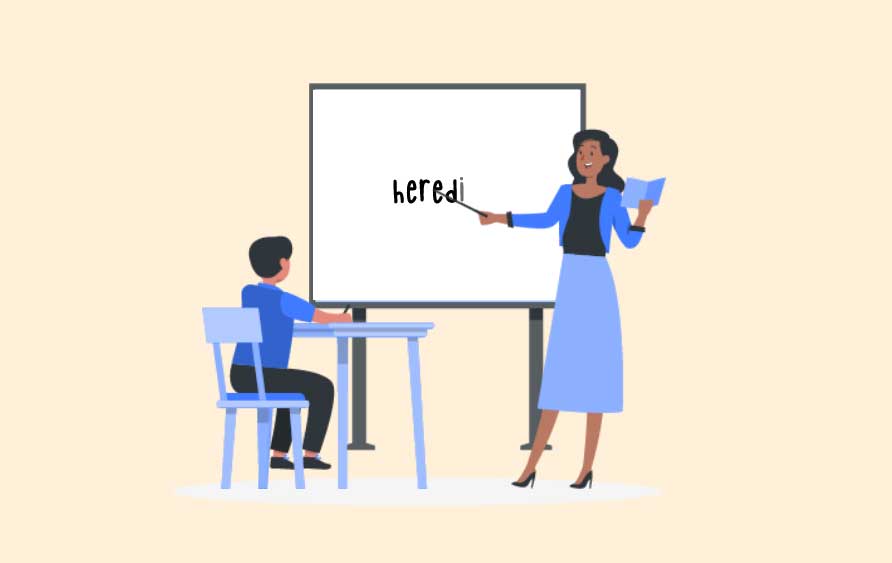Sadly, most of us have been there. A precious day or two off class to attend a professional development course that was a complete waste of time! Ineffective, often featuring external experts providing limited instruction on skills, with little account taken for the contextual nature of your work and failing to deliver practical strategies that you can implement back in your classroom.
However, as educators we know the importance of continuous effective professional learning. We know that the biggest factor to influence student outcomes is the quality of our teaching and that high quality professional learning will help develop our skills.
So, what is the recipe for effective professional learning? There is a significant body of work focused on what constitutes effective professional learning and AITSL have summarised these into 3 features of effective professional learning that are likely to produce the most benefits for learners.
Effective professional learning is
Relevant
- Uses current research
- Is timely
- Linked to school goals
- Matched to learner goals
- Focuses on student outcomes and identified needs
- Seeks new solutions
Collaborative
- Involves observation, reflection and feedback
- Learning from experts
- Creating learning communities
- Utilises coaching and mentoring
Future Focused
- Meets future needs
- Develops high level skills
- Uses research and inquiry
- Innovative and challenging
Partnering with Edudicio you will become part of a global community that develops teacher expertise with professional learning that is relevant, collaborative and future-focused.
References
AITSL, Designing Professional Learning, 2014
Engaging Learning
We all know the importance of engaging students in their learning. Students who are engaged demonstrate increased focus and attention and are motivated to practice higher level critical thinking skills and deepen their learning.
Skills for the Future of Work
It is our responsibility to prepare students for a world that is ever-evolving; a VUCA world, where volatility, uncertainty, complexity and ambiguity are the order of the day. A world where 65% of our primary school children will hold jobs that don’t yet even exist.
Effective Feedback
The evidence is clear; teachers can significantly improve student learning and the quality of teaching in their classrooms by improving the quality of their feedback practices. Although, the reported difference varies across the research, it is overwhelming in acknowledgement of improved student achievement.




